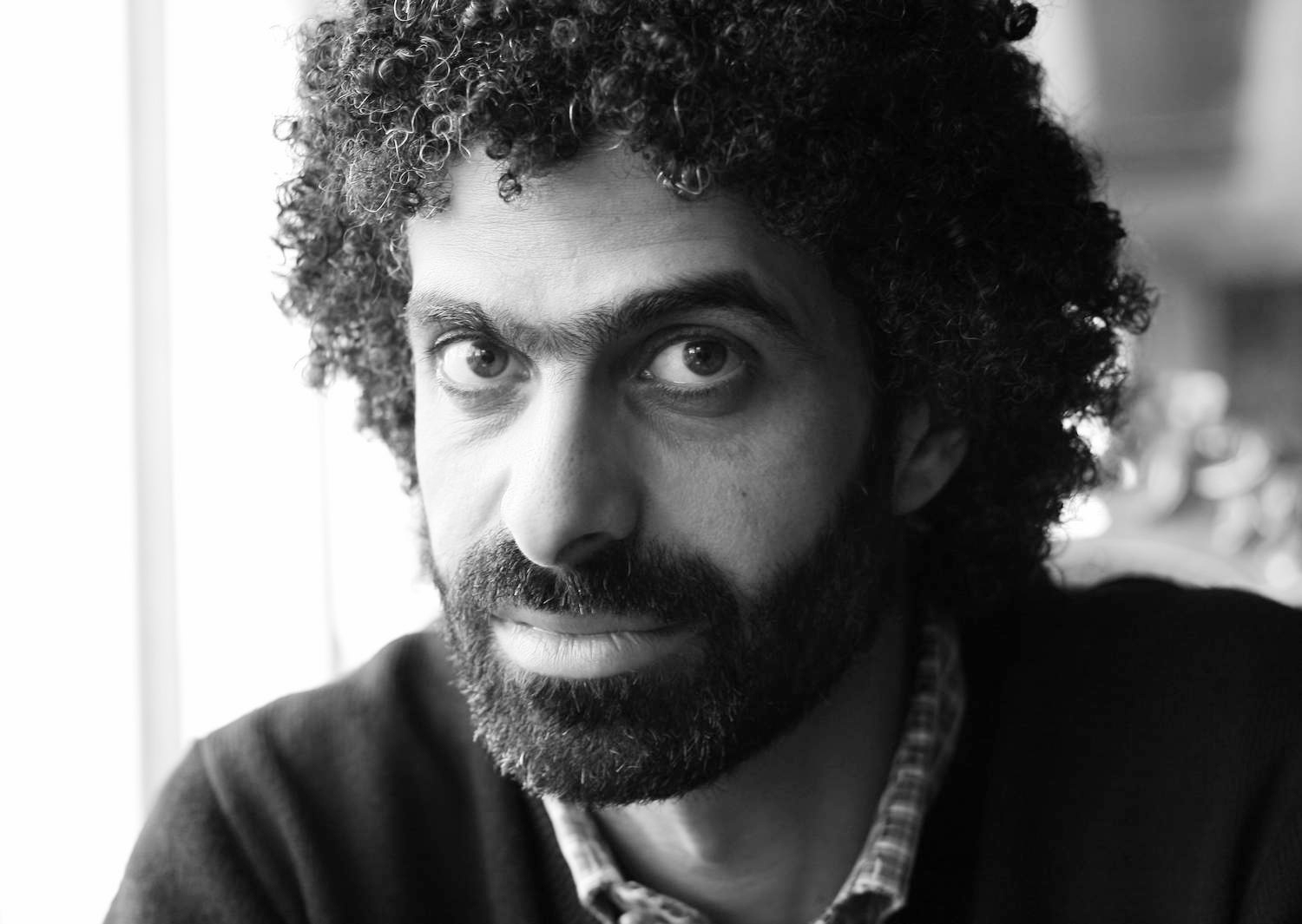Over the course of the past five years, we have grown accustomed to reading an article, a column, a feature, or a piece about the revolution’s anniversary. The majority of those articles and pieces are either caught up in nostalgia and speculations of further change following a great event in Egyptian modern history. Others are immersed in sheer blame and accusations of treachery and treason following the conspiracy that undermined the stability of Egypt and put an end to its promised prosperity and flourishing economy under the rule of Mubarak.
The revolution is diversely situated depending on who is writing and their political position. Very rare are the times where you can read in an Egyptian newspaper an objective evaluation of the revolution, especially on its anniversary.
Perhaps I should be very clear that what you are reading right now is no exception. I am one of those who participated in the 25 January Revolution, believed in what it stood for, opposed all attempts to distort, to stigmatise it. And I still defend its patriotic intentions and genuine effort to improve this country.
However this anniversary is different than the four others that preceded it. On one hand, the broad social and political coalition that existed in Tahrir Square during the 18 days from 25 January to 11 February no longer exists. On the other hand, the state of shock and confusion that washed over the Mubarak regime elites is long gone.
The picture becomes more complex after the series of political procedures, laws, court rulings, and mass arrests that marginalised the revolution and incriminated a large number of those who participated in it and the entities that represented them. Further complications take place when you notice the set of elite alignments that are taking an anti-revolutionary direction.
These elites are influential in the different branches of the state, the media, the business sector, and even the religious sphere.
Parallel to those developments that empower the anti-revolution camp, a process of fragmentation and reconfiguration of revolutionary forces is taking place. The influx of revolutionary movements and political parties that occurred in 2011 is currently facing a serious setback.
The political environment is not conducive to any democratic change or any collective groundwork. The once cohesive revolutionary entities, whether parties, movements or coalitions, are facing internal challenges that begin with the inability to tactically cope with the new political environment and ending with recurrent divisions and fragmentations of the once solid entities.
Finally the interest in politics and in public participation among the non-politicised mass of Egypt is facing a serious setback. The high participation rates recorded in 2011 and 2012 and the sudden heightened interest in politics and public debate that took place during that phase no longer exist. In fact, several of those who had a tangible interest in political activism have decided to abandon politics after the recent changes in Egypt’s political environment and landscape.
After five years, it seems illogical to ask if the revolution has succeeded or failed. The revolution never took power and never assumed office. Therefore, it is practically impossible to blame the revolution for the political trajectory that Egypt has taken on since February 2011. At the same time, comparing the current state of Egypt with less fortunate cases like Syria or Libya is quite irrational. It does not make sense to ask whether the ocean is deeper or the train is faster.
We cannot compare the outcome of revolutions without taking into consideration state structures, military autonomy, the roles of elites, and patterns of protest. However, the real question we should ask is how much change did the revolution bring about?
Perhaps the 25 January Revolution could not instigate the sufficient political change it had hoped for but it definitely opened up the doors for cultural changes that will one day materialise into political measures.
The true effect of the January Revolution is not witnessed in political institutions or state structures, it is witnessed in the rich cultural production, the independent art, the original literature, and the eloquent expressions of those who participated in it and were affected by it.
The 25 January Revolution was a formative experience in Egypt’s modern history, one that power politics will never be able to tarnish or undermine.
Ziad A. Akl is a political analyst and sociologist. He is a senior researcher at the Egyptian Studies Unit in Al-Ahram Center for Political and Strategic Studies.


